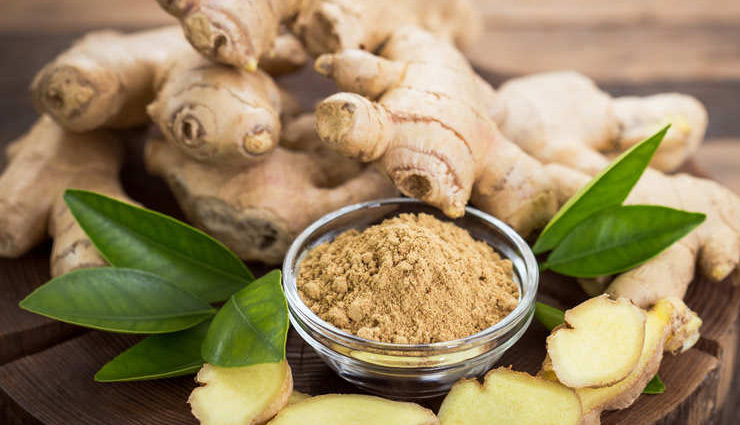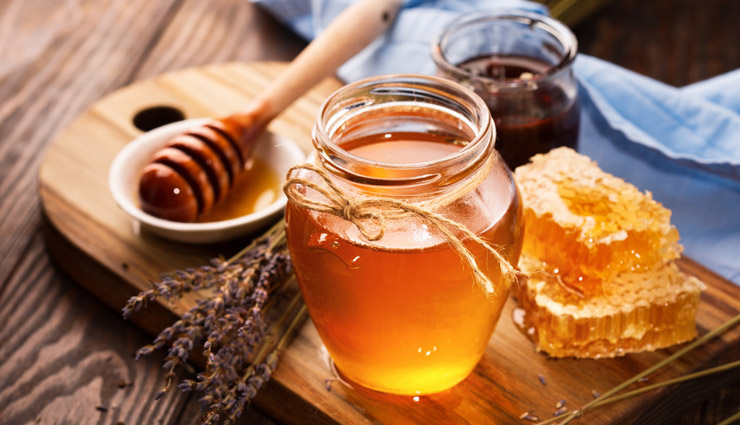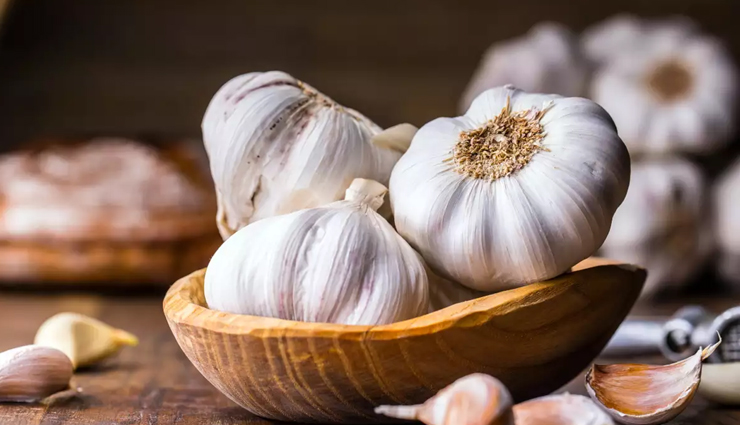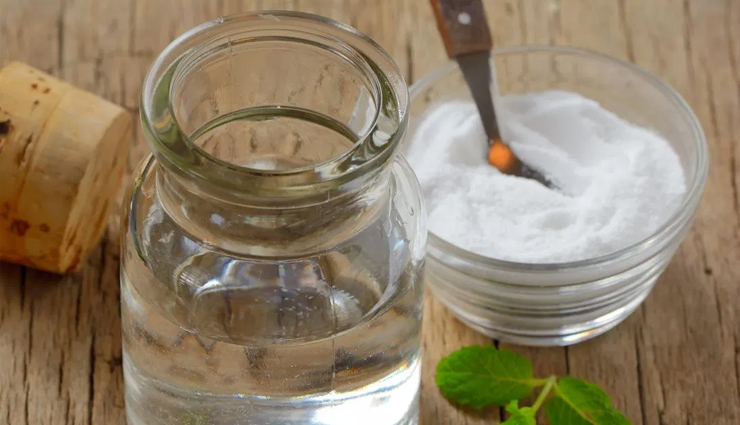- Home›
- Healthy Living›
- Effective Remedies That Will Help You Treat Flu
Effective Remedies That Will Help You Treat Flu
By: Priyanka Maheshwari Wed, 16 Sept 2020 4:53:32

Flu can catch you anytime and anywhere. The combination of body aches, fever, chills, and nasal congestion can be enough to make anyone miserable. There are plenty of home remedies that can alleviate your symptoms and get you back to normal. If you still feel sick after a few weeks, make an appointment with your doctor. If you have trouble breathing, have a rapid heartbeat, feel faint, or experience other severe symptoms, get medical help sooner.

Chicken Soup
Chicken soup may not be a cure-all, but it’s a great choice when you’re sick. Research suggests that enjoying a bowl of chicken soup with vegetables, prepared from scratch or warmed from a can, can slow the movement of neutrophils in your body. Neutrophils are a common type of white blood cell. They help protect your body from infection. When they’re moving slowly, they stay more concentrated in the areas of your body that require the most healing.
The study found that chicken soup was effective for reducing the symptoms of upper respiratory infections in particular. Low-sodium soup also carries great nutritional value and helps keep you hydrated. It’s a good choice, no matter how you’re feeling.

Ginger
The health benefits of ginger root have been touted for centuries, but now we have scientific proof of its curative properties. A few slices of raw ginger root in boiling water may help soothe a cough or sore throat. Research suggests that it can also ward off the feelings of nausea that so often accompany influenza. For example, one study found that just 1 gram of ginger can “alleviate clinical nausea of diverse causes.”
Grab some ginger tea online today and start feeling its soothing benefits.

Honey
Honey has a variety of antibacterial and antimicrobial properties. Drinking honey in tea with lemon can ease sore throat pain. Research suggests that honey is an effective cough suppressant, too. In one study, researchers found that giving children 10 grams of honey at bedtime reduced the severity of their cough symptoms. The children reportedly slept more soundly, which also helps reduce cold symptoms.
You should never give honey to a child younger than 1 year old, as it often contains botulinum spores. While they’re usually harmless to older children and adults, infants’ immune systems aren’t able to fight them off.

Garlic
Garlic contains the compound allicin, which may have antimicrobial properties. Adding a garlic supplement to your diet might reduce the severity of cold symptoms. According to some research, it might even help you avoid getting sick in the first place.
More research needs to be done on the potential cold-fighting benefits of garlic. In the meantime, adding more garlic to your diet probably won’t hurt.

Echinacea
Native Americans have used the herb and root of the echinacea plant to treat infections for more than 400 years. Its active ingredients include flavonoids, chemicals that have many therapeutic effects on the body. For example, flavonoids can boost your immune system and reduce inflammation.
Research on the herb’s effectiveness at fighting the common cold and flu has been mixed. But one review suggests that taking echinacea may lower your risk of developing the common cold by more than 50 percent. It may also reduce the length of a cold. If you’re a healthy adult, consider taking 1 to 2 grams of echinacea root or herb as a tea, three times daily, for no longer than one week.

Vitamin C
Vitamin C plays an important role in your body and has many health benefits. Along with limes, oranges, grapefruits, leafy greens, and other fruits and vegetables, lemons are a good source of vitamin C. Adding fresh lemon juice to hot tea with honey may reduce phlegm when you’re sick. Drinking hot or cold lemonade may also help.
While these drinks may not clear up your cold entirely, they can help you get the vitamin C that your immune system needs. Getting enough vitamin C can relieve upper respiratory tract infections and other illnesses.

Probiotics
Probiotics are “friendly” bacteria and yeast that are found in your body, some foods, and supplements. They can help keep your gut and immune system healthy, and research indicates that probiotics may reduce your chance of getting sick with an upper respiratory infection.
For a delicious and nutritious source of helpful bacteria, include probiotic yogurt in your diet. Besides its potential benefits for your immune system, yogurt is a healthy snack that provides plenty of protein and calcium. Look for products that list live bacteria on the label.

Salt water
Gargling with salt water may help prevent upper respiratory infections. It may also decrease the severity of cold symptoms. For example, it may ease sore throat pain and nasal congestion.
Gargling with salt water reduces and loosens mucus, which contains bacteria and allergens. To try this remedy at home, dissolve 1 teaspoon of salt in a full glass of water. Swish it around your mouth and throat. Then spit it out.

Warm baths
Sometimes you can reduce a child’s fever by giving them a warm sponge bath. Warm baths can also reduce cold and flu symptoms in adults. Adding Epsom salt and baking soda to the water can reduce body aches. Adding a few drops of essential oil, such as tea tree, juniper, rosemary, thyme, orange, lavender, or eucalyptus, may also have a soothing effect.





